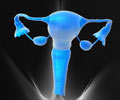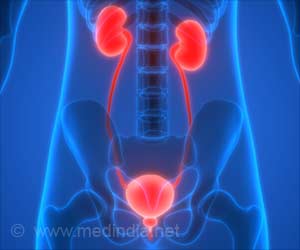Women opting for IVF treatment would soon get rid of the traumatic drug therapy, for the researchers from Oxford Fertility Unit have found that freezing the embryos can significantly
Women opting for IVF treatment would soon get rid of the traumatic drug therapy, for the researchers from Oxford Fertility Unit have found that freezing the embryos can significantly reduce long-term health risks.
The researchers found a drastic improvement in the success rate of fertility treatment using frozen embryos.The procedure reduces the need for repeated cycles of hormone therapy and egg extraction, which can be traumatic and result in serious side effects such as polycystic ovary syndrome.
The researchers found that woman have 50 per cent increase chances of becoming pregnant from a single IVF cycle, if she stored any spare embryos that doctors deemed suitable for freezing.
During the study, the researchers analysed the pregnancy rates among 1,290 couples having IVF treatment at the clinic, based at the John Radcliffe Hospital in Headington.
The findings revealed that overall pregnancy rate increased from 40 per cent to 59 per cent among women under 39, receiving IVF with frozen eggs and from 31 per cent to 49 per cent among women over 39.
"The worst part of IVF for a couple is going through a fresh treatment with all the drugs, injections, costs and risk this entails," the Independent quoted Dr. Tim Child, a fertility specialist at the clinic as saying.
Advertisement
Women having IVF treatment should be offered the chance to freeze their "spare" embryos instead of discarding them because it was safer and more cost effective than repeatedly using fresh embryos, said Dr Child.
Advertisement
Source-ANI
SRM













